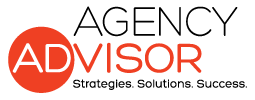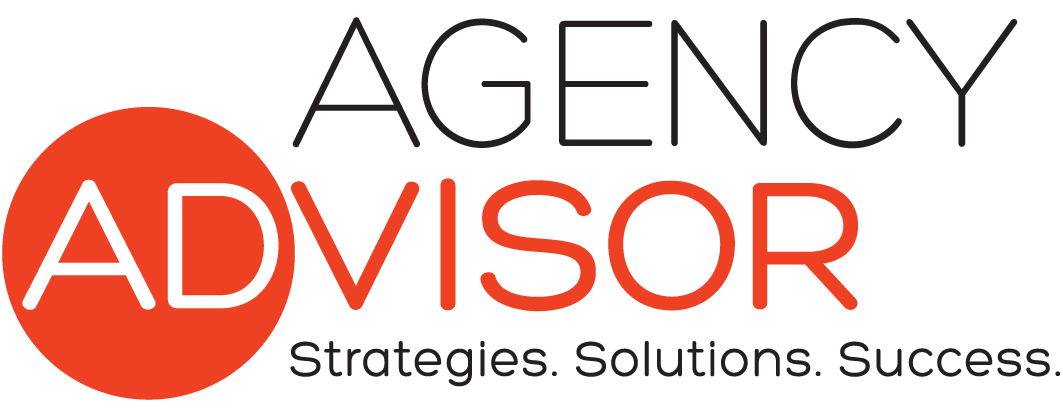I am not a superstitious person, but I did eat black-eyed peas on New Year’s Day – as I do most years (when I remember). This tradition – handed down to me from my Southern-born parents – is supposed to bring luck and prosperity.
Another tradition I practice at the beginning of each year is to reflect on where I have been and then look forward to where I want to go. Doing this allows me to establish a plan of action for reaching my goals. You can do the same for your business – just take this quick quiz and see where you have weak spots. These are the areas to work on for the next year which will prepare you for success in 2017.
1. What makes you different from the competition? I ask this question first because the answer is important. If you reply it is your creative ideas, then join the other thousands who are answering this question right now. You are in business in a Creative Industry. If your ideas are not creative, you are not in the right business. So, what makes your company different? Dig deep and find what makes you REALLY different?
2. Have you reviewed your end of year “Analytics” – also known as your Financial Statements? Think of these like the SEO analytics of your business health. Just as you would look at site statistics and trends, the new year is a time first to review how your business fared last year. Then, you can set goals for 2017.
Click here if you are unsure how to understand the data these reports provide and what your financials are telling you.
3. Have you created your Sales Plan for the upcoming year? Using your analytics and financial data from last year, you should be able to plan your sales pipeline for 2017. Creating a sales plan will allow you to track your sales and compare your results against your goals and prior years.
4. Have you established your profitability goals? A simple way to calculate and set this target is to review the details of your revenue sources over the past 3 – 5 years. Then, create a budget for the upcoming year where you foresee your income should come from.
Here are some of the benefits of creating budgets!
After answering these four questions, celebrate all of the “Yes” responses you gave. If you answered “No” to any of the above questions, take a few moments and expand on what you can do to make the answer yes. Sometimes, getting the
unbiased and honest feedback from a professional can help with this.
Remember that a Goal without a Plan is just a Dream. Moreover, a Plan without Action will always just be a Goal.
Are you ready to take Action in 2017?


